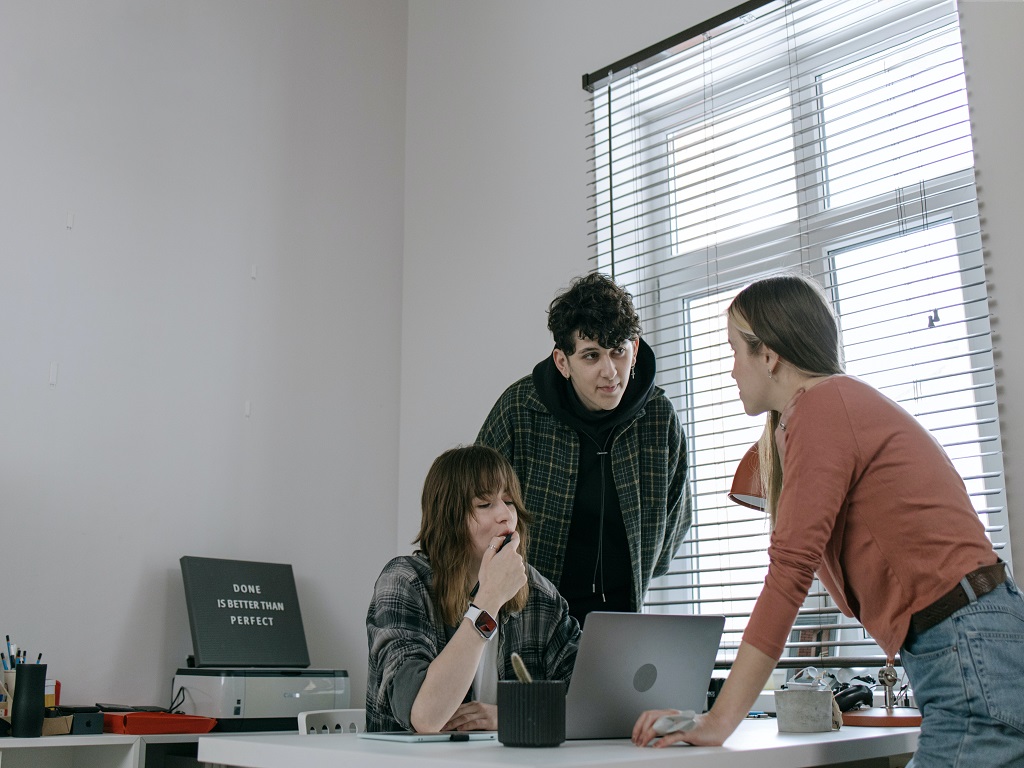Aging laptops tend to overheat. And most people have no idea what to do about it. Here’s a handy guide.
Find the Source of The Heat
Check the airflow and heat transfer. Most laptops have vents on the bottom. Some have them on the back. Find the vents. Some are intake vents, and others are outflow vents. When the laptop is on, check if the vents are taking in and blowing air out easily. If you do not feel the airflow, it’s because there’s dust clogging the vents. Use a can of compressed air to clear them. If possible, unscrew the panels, lift out the fans and blow the dust out. Clean the area where the fan sits too.
Dying Batteries
Batteries aren’t meant to always be at 100% or at 0%. Keeping it connected constantly will reduce its lifespan. Batteries tend to get less efficient over time and generate a lot of heat. Replacements are usually easily available, even for older laptops. Just check your device’s model number and order a suitable battery.
Persistent Overheating
If you’ve carried out the above two steps, but your laptop is still heating up, there may be a deeper issue. A dusty hard drive can cause heating problems and data loss too. Clean these areas out carefully. Also, make sure to remove all the dust and debris from under the processor and RAM. All this may involve some disassembly, but your laptop will be better for it.
Hungry Software
Sometimes, extra load on the CPU can generate heat. Start the Task Manager and see what is consuming so much of your CPU’s power. Limit the number of apps that start automatically and change the order of the startup process if that’s necessary. Staggering software loading will help reduce the load on the processor. Also, some laptops just run at a higher temperature even when there’s no load on the CPU
Free up Space
Install and run a process explorer to see the files each process opens and check its CPU usage over time. This will help you work out what to remove and what to keep. Use CCleaner and erase history and cache files too. Free up as much space as you possibly can to let the OS run efficiently.
